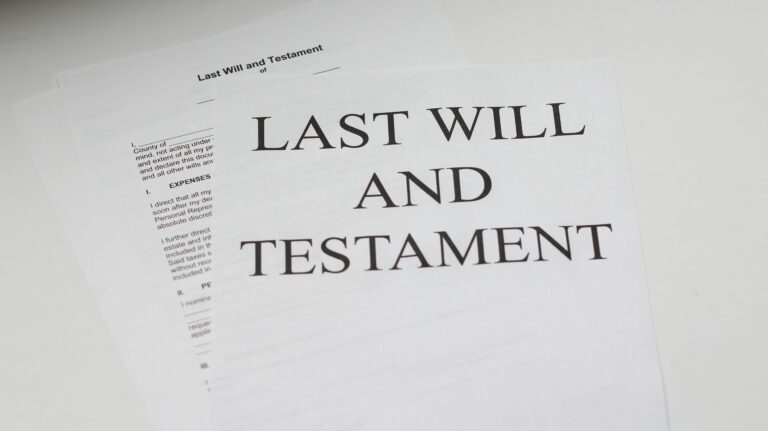
Giving to My Favorite Charity in Estate Plan
If you’d like to leave some or all of your money to a charity, Go Banking Rates’ recent article entitled “How To Leave Your Inheritance to an Organization” provides what you need to know about charitable giving as part of your estate plan.
- Make Sure the Organization Accepts Donations. Unless you have a formal agreement with the charity stating they’ll accept the inheritance, the confirmation isn’t a binding commitment. As a result, you should ask the organization if there’s any form language that they may want you to add to your will or trust as part of a specific bequest. If the charity isn’t currently able to accept this kind of donation, look at what they will accept or if other charities with a similar mission will accept it.
- Set the Amount You Want the Charity To Receive. Some people want to leave the estate tax exemption — the maximum amount that can pass without tax — to individuals and leave the rest to charity. Because the estate tax exemption is subject to change and the value of your assets will change, the amount the charity will get will probably change from when the planning is completed.
- Have a Plan B in the Event that the Charity Doesn’t Exist After Your Death. Meet with your estate planning attorney and decide what happens to the bequest if the organization you’re donating to no longer exists. You may plan ahead to pass along the inheritance to another organization and make sure it receives the funds. You could also have the inheritance go back into the general distributions in your will.
- State How You Want Your Gift to Be Used. If there is a certain way that you’d like the charity to use the inheritance, you can certainly inquire with the organization and learn more. Find out if the charity accepts this type of restriction, how long it may last and what happens if the charity no longer uses it for this purpose.
As you draft charitable planning provisions, make sure you do so alongside an experienced estate planning attorney.
The provisions in your will should be specific about your desires and provide enough flexibility to your personal representative, executor, or trustee to be modified based on the conditions at the time of your death.
Reference: Go Banking Rates (August 26, 2022) “How To Leave Your Inheritance to an Organization”









